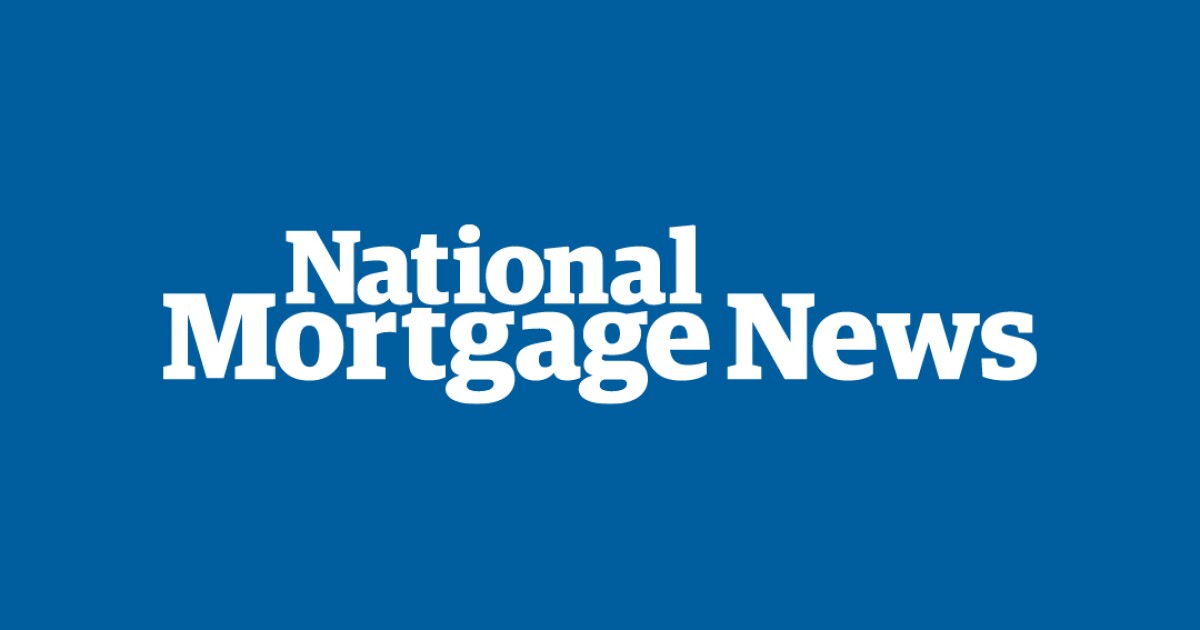
Large servicers could be held to higher standards and face more enforcement as coronavirus-related contingencies end and foreclosures resume, but many do have relatively strong financial buffers against potential strain, according to a recent report.
Servicers could be facing both increased compliance risk and the revival of pre-pandemic plans to increase standards for counterparties in the sizable government-sponsored enterprise market that were previously put on hold, a recent Fitch Wire report on the topic noted.
While these developments point to a regulatory environment that could put pressure on servicers, the bigger players have improved finances that may help them bear up, Fitch found in a report.
A snapshot of the ratio of gross debt to tangible equity for Fitch-rated servicers for 2019, 2020 and the third quarter of 2021 show this measure of capital and leverage typically is much improved compared to pre-pandemic, said Shampa Bhattacharya, director of nonbank financial institutions.
Most notably, Rocket’s ratio had fallen to 2.6x in 3Q21 from 2.9x in 2020 and 4.7x in 2019 using Fitch’s measure. Other large servicers Fitch rates do have elevated ratios compared to 2020 but the majority have lower ones than in 2019. (Individual companies’ reported ratios may not be comparable to these numbers because they use different methodologies.)
“If you really look at the trend, leverage levels have just continued to come down, especially for the bigger guys, all through 2020 and 2021,” said Bhattacharya,
Also mortgage servicing rights valuations, which initially fell amid the pandemic in 2020, improved in 2021 and have been particularly strong in 2022. This bodes well for rated servicers, according to Fitch.
“These numbers are as of the third quarter, but since then, valuations have only gotten higher. They recovered in the fourth quarter, and especially in January as prepayment rates continued to fall,” Battacharya noted.



